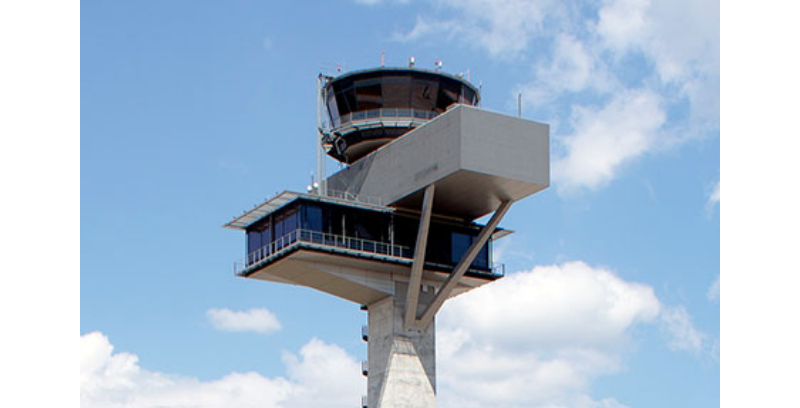In 2020, the German air navigation service provider DFS logged fewer reports of interference caused by drones at airports in Germany than in previous years. More than half of these occurrences, however, led to traffic disruptions.
In total, 92 drone-related occurrences were reported in German airspace in 2020, which was lower than in previous years (2019: 125; 2018: 158). Proportionally, however, the volume of air traffic, which came in 56 percent below the previous year’s level, declined more than the number of such occurrences. Consequently, even with reduced traffic volumes resulting from the pandemic, drones had a massive impact on flight operations.
In one third of the cases, air traffic was severely restricted. Such restrictions have consequences. The spacing between arriving and departing aircraft may have to be increased, or it can mean that specific areas, such as individual runways, cannot be used. In extreme cases, no take-off or landing clearances can be issued, which is tantamount to an airport closure. At the beginning of 2020, Frankfurt Airport was out of service for four and a half hours in total, following two occurrences with drones.
The majority of drone-related occurrences took place at Frankfurt Airport (24 reports), followed by Hamburg Airport (10) and Berlin Tegel Airport (8). With regard to the incidents at Frankfurt Airport, the police had grounds to believe that they were planned disruptive actions and initiated criminal proceedings against persons unknown. Under German law, unauthorised drone flights in the vicinity of airports are considered as dangerous interference in air traffic and are punishable with imprisonment for up to 10 years in Germany.
Done detection systems will facilitate identification
In 2020, DFS carried out a comprehensive study of drone detection systems. Between August and November, drone detection systems from six vendors were put to the test at the airports of Frankfurt and Munich. For 600 flights with various types of drones, DFS investigated the effective use of these drone detection systems at large-scale airports in live operations. The findings of this project, which is unique worldwide, will serve as the basis for a future tender for a drone detection system. Successful drone defence by regulatory and police authorities will only be possible with reliable drone detection.
DFS Deutsche Flugsicherung GmbH, the German air navigation service provider, is a State-owned company under private law with 5,600 employees as at 31 December 2020. DFS ensures the safe and punctual flow of air traffic over Germany. Before 2020, around 2,200 air traffic controllers guided up to 10,000 flights in German airspace every day, more than 3 million movements every year. The company operates control centres in Langen, Bremen, Karlsruhe and Munich as well as control towers at the 16 designated international airports in Germany.
The subsidiary DFS Aviation Services GmbH markets and sells products and services related to air navigation services, and provides air traffic control at nine regional airports in Germany and at London Gatwick Airport and Edinburgh Airport in the UK. R. Eisenschmidt GmbH is another DFS subsidiary which markets publications and products for General Aviation. Kaufbeuren ATM Training (KAT) is responsible for training military air traffic services personnel.
DFS has been working on the integration of drones into air traffic since 2016 and has set up a joint venture, Droniq GmbH, with Deutsche Telekom
Source: Press Release

